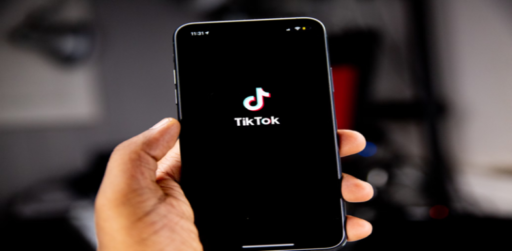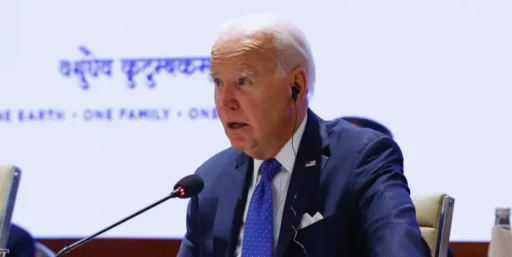In a recent controversy, Benjamin Neel, director of the Laura and Isaac Perlmutter Cancer Center, alleges that he was suspended and subsequently fired by New York University after condemning violence against Israelis in a social media post. Another NYU employee, Zaki Masoud, faced suspension for expressing support for Palestinians. Legal experts highlight the broad discretion employers have in regulating employees’ social media activity, emphasizing the significance of exceptions related to protected classes.
Most U.S. states follow at-will employment, allowing private sector employers to terminate relationships for any reason not prohibited by law or contract. Despite common misconceptions about free speech rights, private sector employees may face consequences for controversial social media posts. Employers, however, cannot take adverse action based on membership in a protected class, adding complexity to such cases.
The National Labor Relations Act protects concerted activity, but this applies to group actions aimed at improving employment conditions. The First Amendment’s freedom of speech guarantee is limited to public employees, and privacy arguments regarding personal social media use may have limitations.
Legal experts stress the importance of clear social media policies, distributed and explained to employees, to prevent surprises and ensure understanding. They recommend face-to-face conversations, signed acknowledgments of policy understanding, and policies in plain English. In case of potential violations, thorough investigations are advised, even in the fast-paced world of social media, to ensure fairness and accuracy before taking any adverse action. While some argue for HR actions or sensitivity training over terminations, employers may face challenges and legal scrutiny for their decisions.











